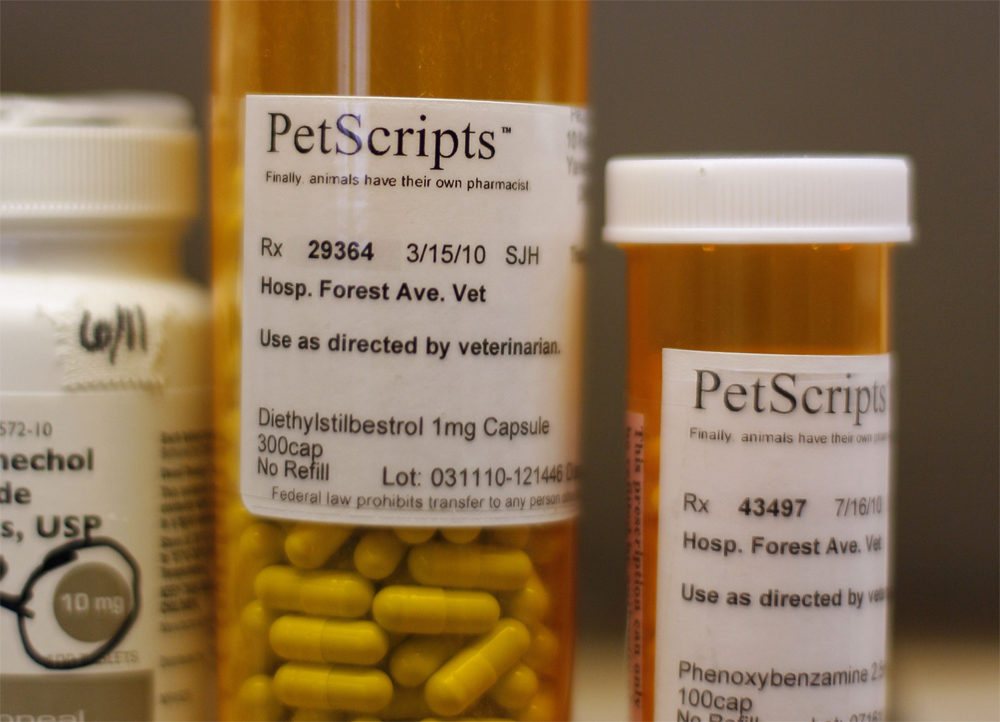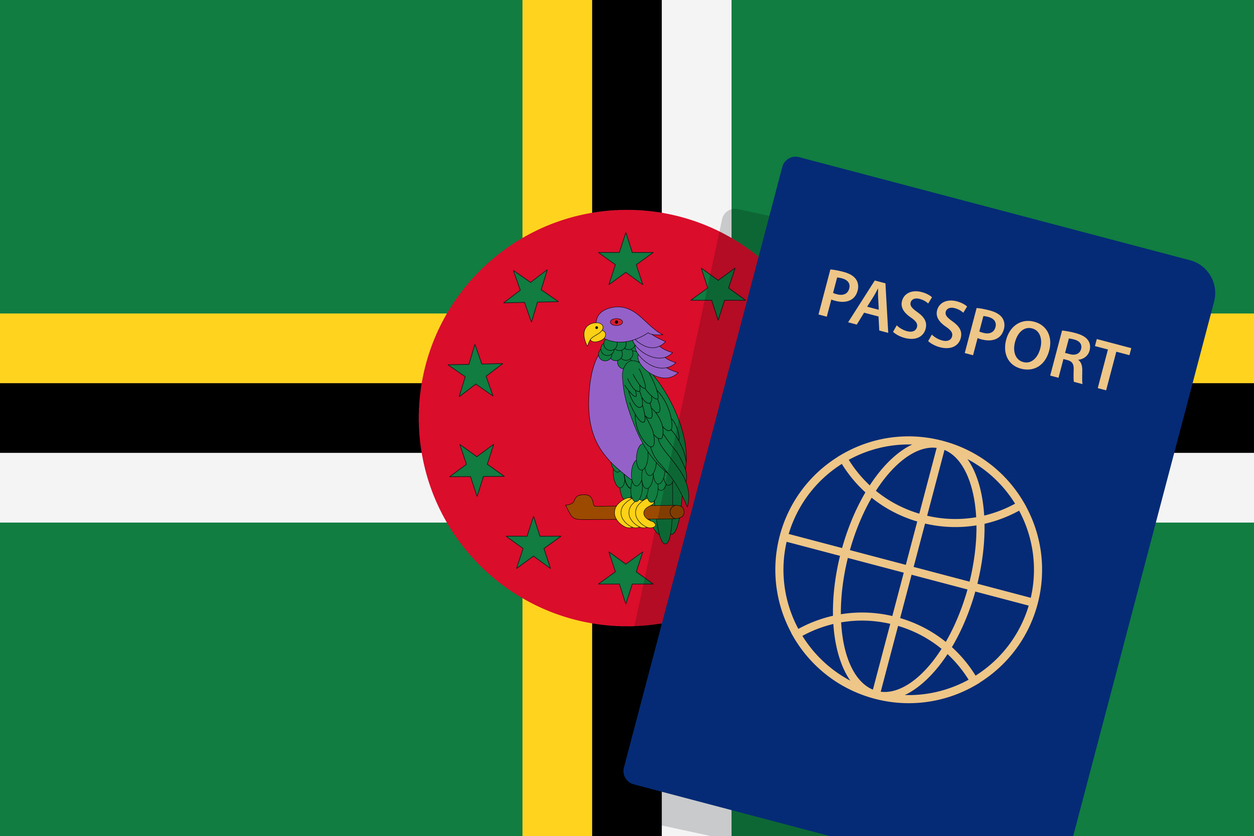How to Export Pharmaceutical Animal Products from Nigeria: Past Exporter’s Story
How to Export Pharmaceutical Animal Products from Nigeria: Past Exporter’s Story
In West Africa, animal health is a top priority. Nigeria has a long history of exporting pharmaceutical products for animals to countries in Africa and beyond. In the 1990s, it exported over 800 tons of animal drugs a year. To remain a competitive exporter, Nigeria needs to be able to export its products without any restrictions or impediments. It also needs to be able to meet rigorous international standards for export quality and safety. Here are some tips from past exporters on how to export your products from Nigeria successfully.
What it takes to export pharmaceutical animal products from Nigeria
The export of pharmaceutical animal products from Nigeria has become increasingly difficult due to quality and safety standards imposed by the European Union. Nigeria’s drug regulatory authority (NDA) is now working to implement stronger export standards for pharmaceutical animal products.
The NDA has identified six challenges with Nigerian exports of animal drugs. It has identified them as inadequate facilities, insufficient manpower, lack of coordination, lack of compliance with international standards, lack of capacity building programs, and lack of awareness.
To tackle these challenges, the NDA has begun to implement strict monitoring guidelines for all animal health products that are exported. They’ve also begun to work on an Animal Drugs Export Quality Assurance programme which will help to create an export quality assurance system for Nigerian exports.
Future exporters need to take these steps in order to ensure Nigerian exports for veterinary drugs are successful.
Make sure your facility meets international standards
In order to export pharmaceutical products from Nigeria successfully, your facility must meet international standards. If your facility does not meet the standards, you will not be able to export.
The Nigerian Standards Organization (NORSTAN) sets the standards for pharmaceutical manufacturing, which includes the manufacturing of veterinary drugs. The guidelines cover how to produce a drug, how to package a drug, and how to conduct a clinical trial.
To meet these guidelines, a facility must have a good process control system in place. Process control is important because it ensures that you are making the drugs according to certain guidelines.
NORSTAN also sets guidelines for how to test your products before you export them. If your facility does not have the correct equipment to test your products, you will not be able to export.
It is important that you also have an approved Good Manufacturing Practices (GMP) certificate before you export any product. A GMP certificate is an internationally recognized quality assurance standard for manufacturing facilities. It ensures that your facility meets international standards and is fit for use in the production of pharmaceuticals.
Find out the requirements for animal drugs
Animal health is taken very seriously in Nigeria. You need to be able to export your animal pharmaceuticals with ease. To do that, you need to keep up with the requirements for exporting animal drugs.
1. Ensure that your drugs are suitable for export.
2. Ensure that your company will comply with export regulations.
3. Use the right packaging for shipment so that your products are not damaged.
4. Use the right labeling so that customs agents know what they are receiving.
5. Keep your documentation up-to-date so that you can provide it to customs agents when they ask for it.
6. Meet international standards for export quality and safety by following the best practices that have been outlined above.
To learn more about exporting pharmaceutical animal products successfully, read our post on how to export your products from Nigeria.>>END>>
Learn about the veterinary market in Nigeria
There are approximately 15,000 registered vets in Nigeria. That number is expected to grow to 25,000 by 2020. Nigeria’s strong, healthy livestock population is an attractive market for the country’s veterinary pharmaceutical industry. Approximately 30% of Nigeria’s population is comprised of livestock farmers, and Nigeria has the largest cattle population in Africa (3.8 million head).
Nigeria exports veterinary products to many African countries, as well as a number of other countries outside of Africa, including the United States and Japan. In order to stay competitive on the global market, Nigerian companies need to meet international standards for animal products.
Nigerian products have been exported without impediment for many years. However, there have been a few changes in recent years that have complicated the process of export. In 2014, for example, Nigeria was unable to export its veterinary products to some markets due to new regulatory requirements from the World Organisation for Animal Health.
In order to remain competitive, Nigerian exporters must be able to export their products with ease and meet international standards for animal health safety.
Animal population in Nigeria
Animal population in Nigeria is one of the driving forces behind animal health. Nigeria has the largest cattle population in Africa, with over 25 million head of cattle. To meet the needs of these animals, Nigeria exports animal products.
As more Nigerian farmers adopt Western farming practices, more Nigerians are working with their local governments to develop better animal health policies. This includes the creation of animal health departments within the federal government.
Nigeria’s government also has a key role in the success of the country’s animal products exports. They need to create animal health policies that will enable Nigeria to remain competitive in the global market.
The Nigerian government also needs to encourage investment in animal health research and development for improved animal health care. Investing in research will help develop better medicines for animals, improving animals’ quality of life and increasing productivity.
Some past exporters recommend that Nigerian authorities work with private companies to create incentives for private investments in research and development
Import and export of animals
Despite the potential for growth in Nigeria’s animal pharmaceutical industry, there are challenges to overcome. For example, Nigeria’s import and export regulations are not monitored well enough to ensure compliance with international standards for pharmaceutical products.
To become a successful exporter, it’s important to know the regulations that are in place. For instance, the Nigerian Quarantine Services Agency (NQSA) can prevent exports from leaving the country if they are not satisfied with the conditions of the products.
NQSA is responsible for checking that products meet safety and quality standards and that they are sealed and labeled correctly. They must also be accompanied by a Certificate of Origin.
It’s also important to know what your country’s regulations on imports and exports are. For example, if you’re sending products to Nigeria from another country, you will need to register with Nigerian authorities and get a Nigerian import license before you can make the shipment.
It’s important to stay up-to-date on international regulations—especially if you want to export your products outside of Nigeria. But make sure you read up on your country’s regulations too!
Animal diseases and treatments
The Nigerian government publishes a list of mandatory and prohibited substances for export. This list is a valuable resource for any animal pharmaceutical products exporter looking to export products from Nigeria.
Animal diseases and treatments are a major concern for any exporter. The Nigerian government has instituted a list of mandatory and prohibited substances for export. If you’re exporting products from Nigeria, you should make sure your products do not contain any of the prohibited substances on this list.
Another important consideration is the quality of your products. In order to meet international standards, your company must be fully compliant with regulations. This includes things like the quality of the packaging, labeling, product shelf life, and more. If you’re exporting products from Nigeria, make sure you’re meeting all local regulations before you export.
The quality of your products is also important if you’re exporting products from Nigeria. International standards are rigorous, and your company must be fully compliant with them in order to meet them. This includes things like the quality of the packaging, labeling, product shelf life, and more. If you’re looking to export products from Nigeria, make sure you’re meeting all local regulations before you export.
Export process
Find a suitable packaging company
Find a company with experience in exporting. It should be able to offer a variety of packaging options for your product. Your company should also be knowledgeable about the standards for export quality and safety that Nigeria needs to meet.
In the past, packaging was a challenge for Nigerian exporters. Some companies may have been unwilling to talk about packaging with Nigerian exporters because they were not familiar with the requirements of exports from the country.
Find a company that is willing to work with you on packaging and can offer advice on how to successfully export products from Nigeria without any restrictions or impediments.
Offer certifications
It is important to remember that your packaging company should offer certifications that are compliant with the standards for export quality and safety that Nigeria needs to meet.
Consider shipping containers
Shipping containers, like these, are another option for the export process. They are important if you are shipping products via air freight, as they will ensure your products are kept safe and secure during transit.
Conclusion
As a past exporter from Nigeria, I’ve been able to provide insightful tips on how to export pharmaceutical animal products from Nigeria successfully. If you’re looking to export your products from Nigeria, here are a few things to keep in mind:
1. Do your research! It is important to understand the regulations, standards and requirements for exporting animal products from Nigeria.
2. Know the regulations for your destination country. Regulations can vary from country to country.
3. Make sure any products you’re exporting meet international standards for export quality and safety.
4. Consider the time it takes to ship your product across borders and whether or not it will face any restrictions or impediments that could delay delivery of the product to its final destination.
5. Research the best way for you to transport your products from your facility to the port of exit and then onward to your final destination.
6. Go through the process of getting all the necessary clearances for export; this can include permits, licenses and certificates of origin.
7. For livestock and poultry products, make sure you comply with biosecurity regulations and/or import restrictions on these products at your final destination.
8. Remember that there








LEAVE A COMMENT
You must be logged in to post a comment.